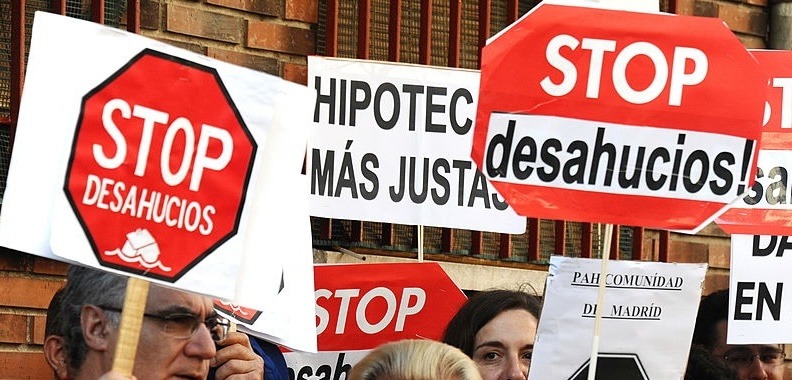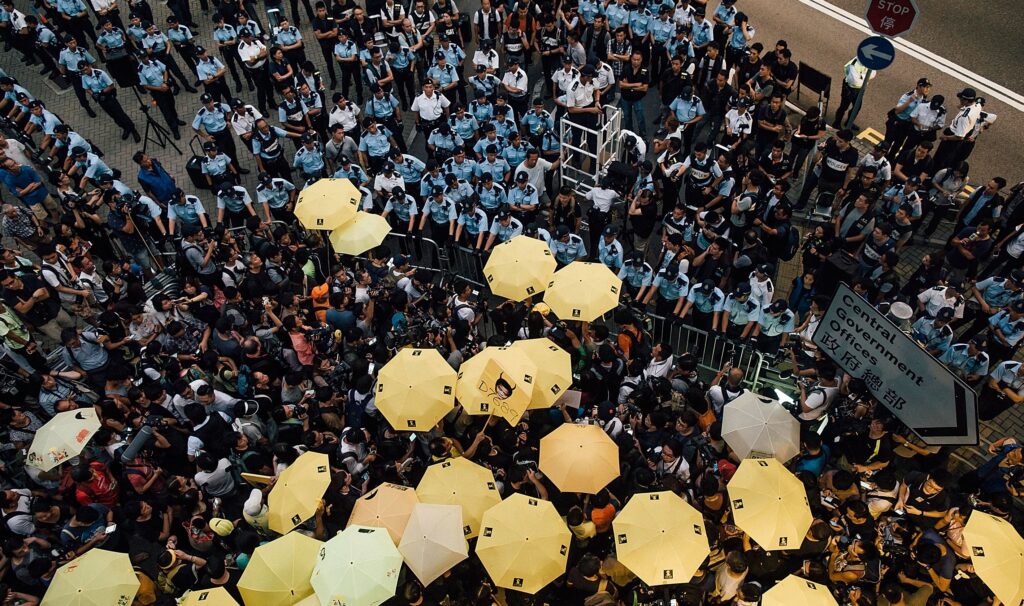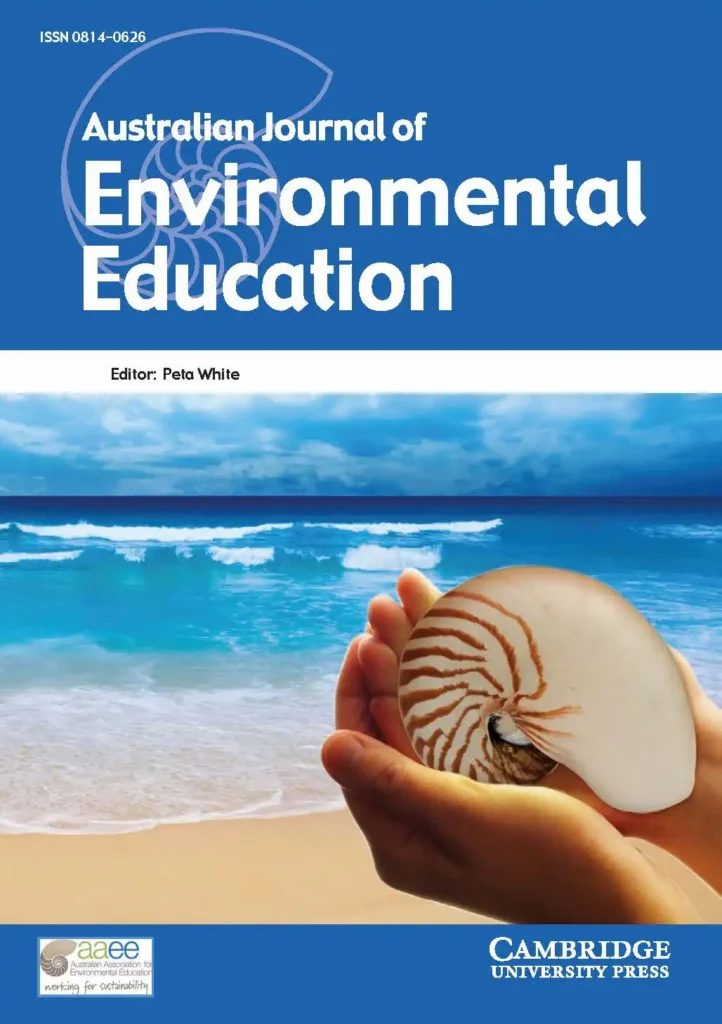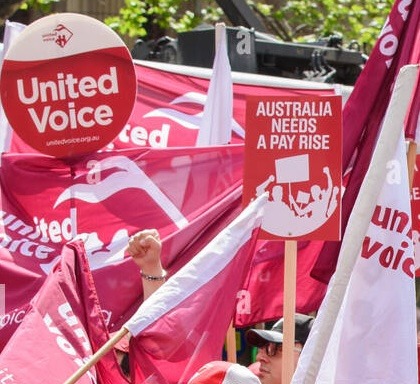Research
Urban people power strategies in a connected world: exploring the patterns of practice, exchange, translation and learning.
This article looks at the spread and transmission of different forms of people power across the world.
Summary:
This article looks at the spread and transmission of different forms of people power across the world. It examines over 1500 examples of urban change, and then seeks to identify different patterns in that practice – noting 5 different, dominant forms of change (playing by the rules, mobilising, organising, prefiguring, running for office). It then documents how strategies spread between cities, and tells a story of strategy transmission between Cape Town and Barcelona. The article is open access and freely available via the link below.
Abstract
Urban social movements, alliances and organisations use a range of strategies to contest injustice and inequality by making urban authority accountable to the ‘power of the people’. While there is irrepressible diversity in the strategies used to build and enact people power across global urban contexts, movement participants rarely start from scratch in developing these strategies. There are patterns of contestation that resonate and circulate between urban movements. This article outlines an approach to analysing the patterning, diffusion and translation of commonly used urban people power strategies in and between cities. To track these strategies, we mapped hundreds of examples of urban people power, conducted field research across a range of cities, and co-designed findings and frameworks at a two week gathering of urban activists from a diverse group of cities. We identified five strategies of people power that are commonly repeated across different urban contexts—playing by the rules, mobilising, organising, prefiguring, and running for office. We outline the key characteristics of these different strategies, and discuss the different channels and forms of diffusion that facilitate their exchange across diverse urban contexts. All forms of diffusion involve the hard work of translation and learning, but this work takes different forms for different strategies. We find that where people power takes on a more visible and modular form it is more able to spread through weak ties and digital channels. However, where people power practices are more practice-based and harder to see, strong ties and personal relationships are often needed to spread the strategy. This is illustrated with a case study of the diffusion and translation of an organising strategy between housing activists in Cape Town and Barcelona. Our research and modelling of people power strategies and diffusion is offered as a contribution to on-going work of movement translation.
Citation:
Tattersall, A., & Iveson, K. (2023). Urban people power strategies in a connected world: exploring the patterns of practice, exchange, translation and learning. City, 27(5–6), 962–984. https://doi.org/10.1080/13604813.2023.2270877

More work

Democratising Cities: introduction (special feature)
This is an introduction to a peer-reviewed special feature in the journal City. This piece provides a theorisation…

School strike for climate are leading the way: how their people power strategies are generating distinctive pathways for leadership development
Since November 2018, Australian high school climate strikers have become leaders in the movement for climate action, giving…

A Little Help from Our Friends: Exploring and Understanding when Labor-Community Coalitions Are Likely to Form
This is an academic peer-reviewed article about the union-community coalitions and the connection between coalition building and union…